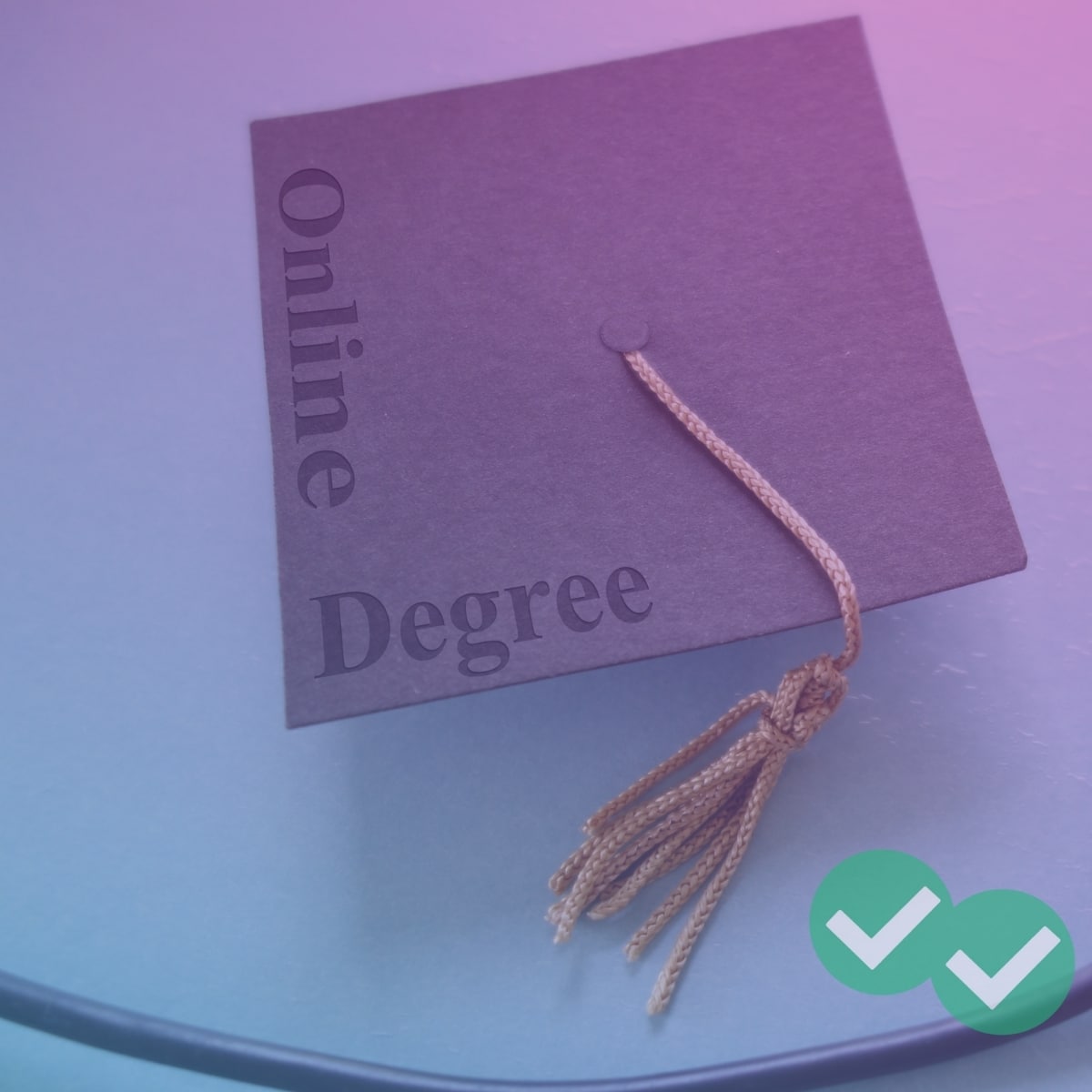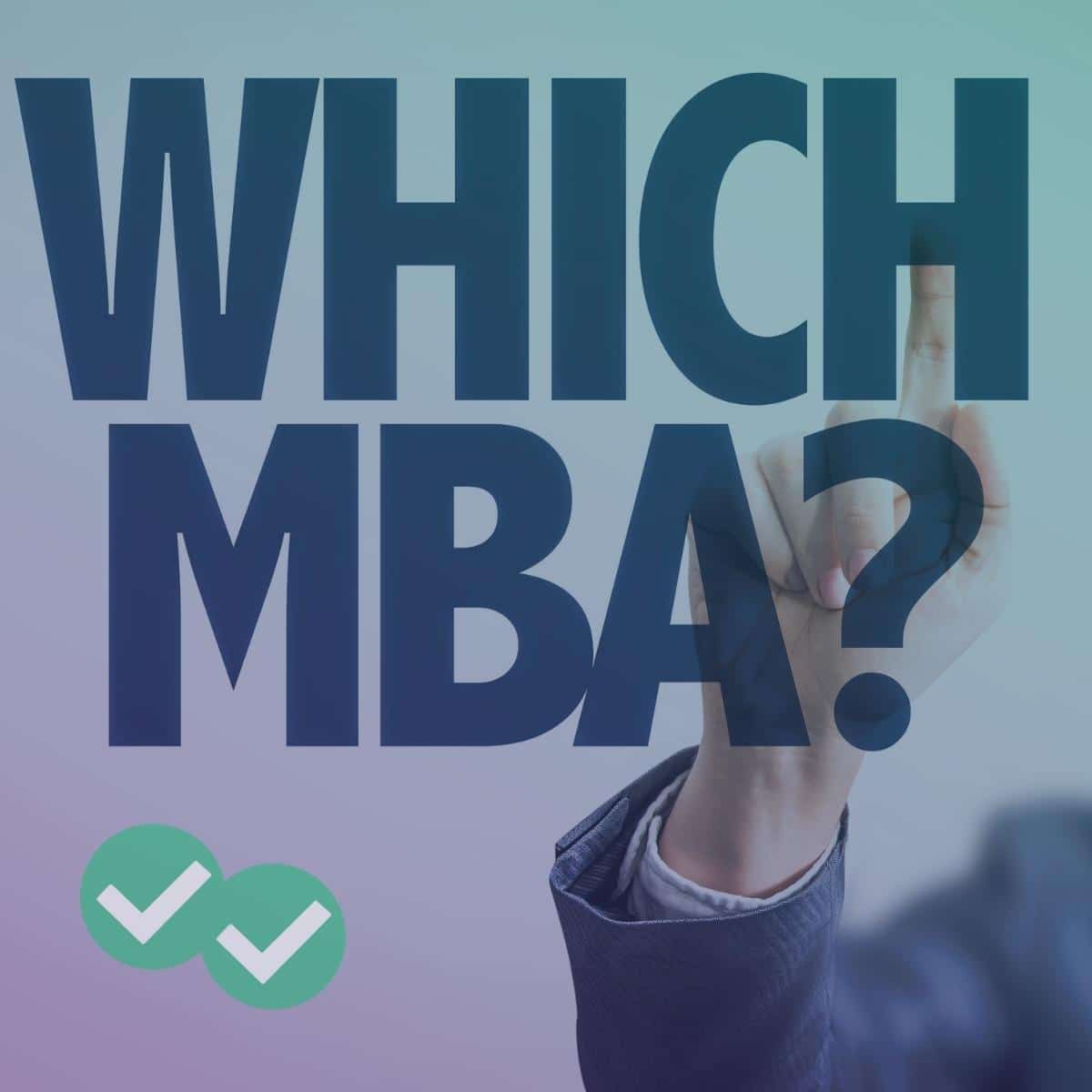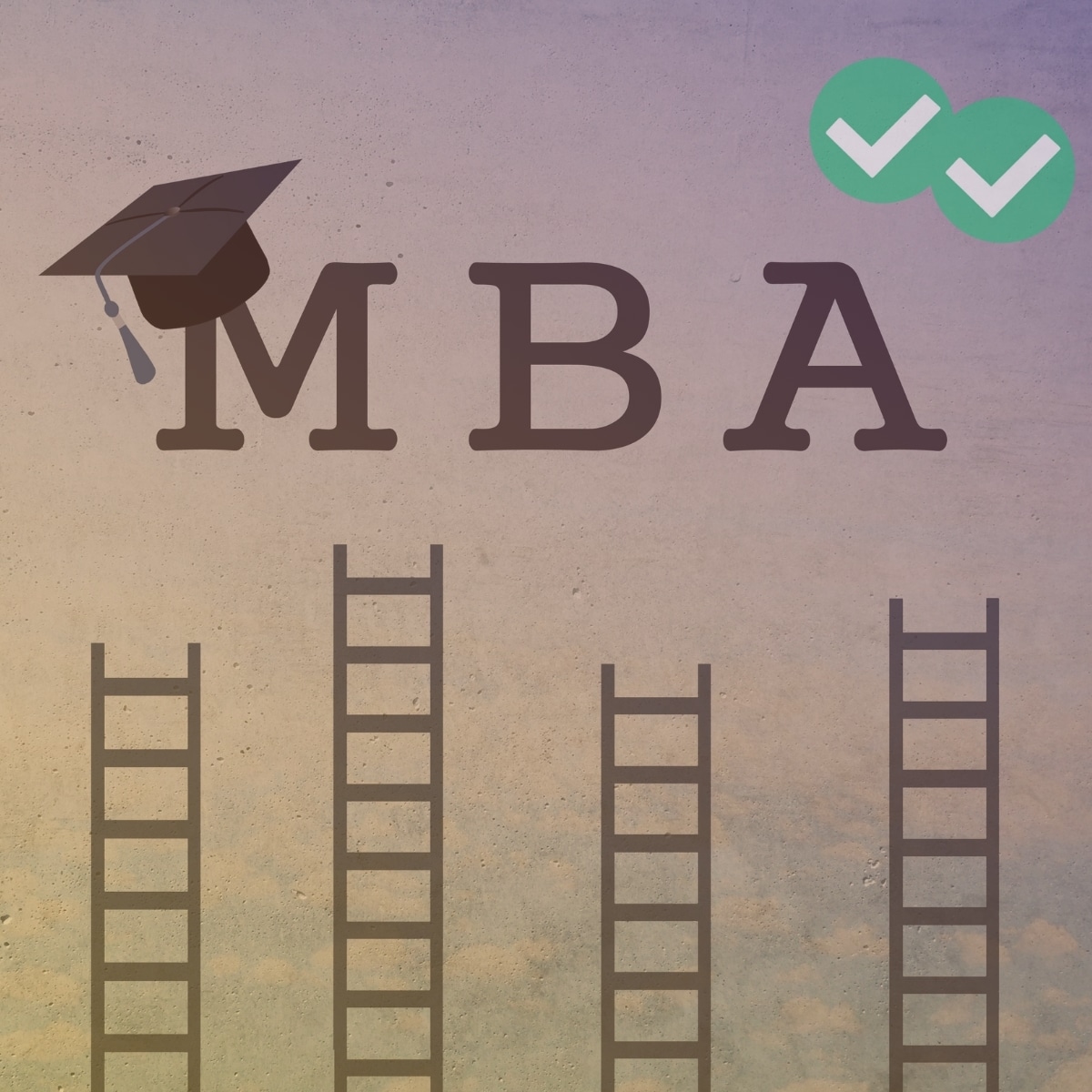When MBA admissions offices review your application, they look at a few key components: your undergraduate GPA, your GMAT score, your letters of recommendation, and your work experience.
While each of these components is important, your resume and work experience could make or break your application. Not enough work experience, and you will fall behind more established applicants; too much work experience, and admissions offices will wonder why you’re even applying. Both the amount and the quality of work experience plays an integral role in the admissions process for MBA programs.
1. Applying straight out of undergrad
Unless you’re applying to Harvard’s 2+2 program or an equivalent, applying straight out of your undergraduate degree is usually not a great idea. A good undergrad GPA and a solid GMAT score isn’t all you need: schools also evaluate students on their work experience.
If you’ve shown a passion for and dedication to a particular field throughout your summer work and your extracurricular activities, or if you have started your own successful venture (on top of great academic credentials), then you might consider applying straight out of undergrad. That said, programs such as 2+2 incorporate future work experience into the application process, so even if you do apply to these programs, you won’t actually begin your MBA straight out of undergrad.
2. Applying with 3-5 years of work experience
This is the ideal amount of work experience to have when applying to MBA programs. The average age range of MBA students at top programs is 27-29 years old. Thus it’s a good idea to get 3-4 years of work experience under your belt before applying to business school.
The MBA curriculum at most schools comprises a core curriculum as well as specialized classes, such as finance, marketing, or entrepreneurship. These classes allow students to tailor their MBA degrees to their individual interests and goals. For example, the Stanford Graduate School of Business’s website outlines the differences between the first-year curriculum, which focuses on general principles, and the second-year curriculum, which offers a number of electives.
So if you’re looking to remain in the same industry and move up within your organization, you can gain more in-depth knowledge of your field. Or, if you’re trying to apply your past experiences through a different business lens, you can specialize in a different area. Either way, through the MBA programs, you will learn the core fundamentals of management and business.
This allows students who enter business school with a strong base of work experience to build on their existing knowledge. They will leave MBA programs with a strong grasp of both general and specific business principles and ready to take on more leadership roles.
3. Applying as an older applicant
If you are applying as a more experienced or older applicant, you should make sure that you have a strong, compelling reason why you’re applying. Many older applicants with more work experience may be considering an EMBA vs an MBA degree.
If you’re set on applying to MBA programs, you should think about how your extensive work experience will be perceived by an admissions office. MBA degrees are a great option for people who are looking to enter a new industry or change their career path. If this is coming later on in your work experience, then great! But you need to make it clear to an admissions office why an MBA degree is essential to your goals.
Another consideration for both inexperienced and “overly” experienced applicants is the personal value you will get out of the degree. If you’re young, you may benefit from networking with older, more established students, but also may have a difficult time connecting if you lack experience. If you are an experienced applicant, your ideal networking circle may be a little more advanced. What you stand to gain from your degree varies.
Just because you’re a young applicant or an experienced business veteran doesn’t mean that you don’t qualify for admission to top MBA programs. The “sweet spot” is somewhere around three to five years of work experience. If you have a compelling reason for pursuing a degree outside of that time frame, make that clear on your application.





